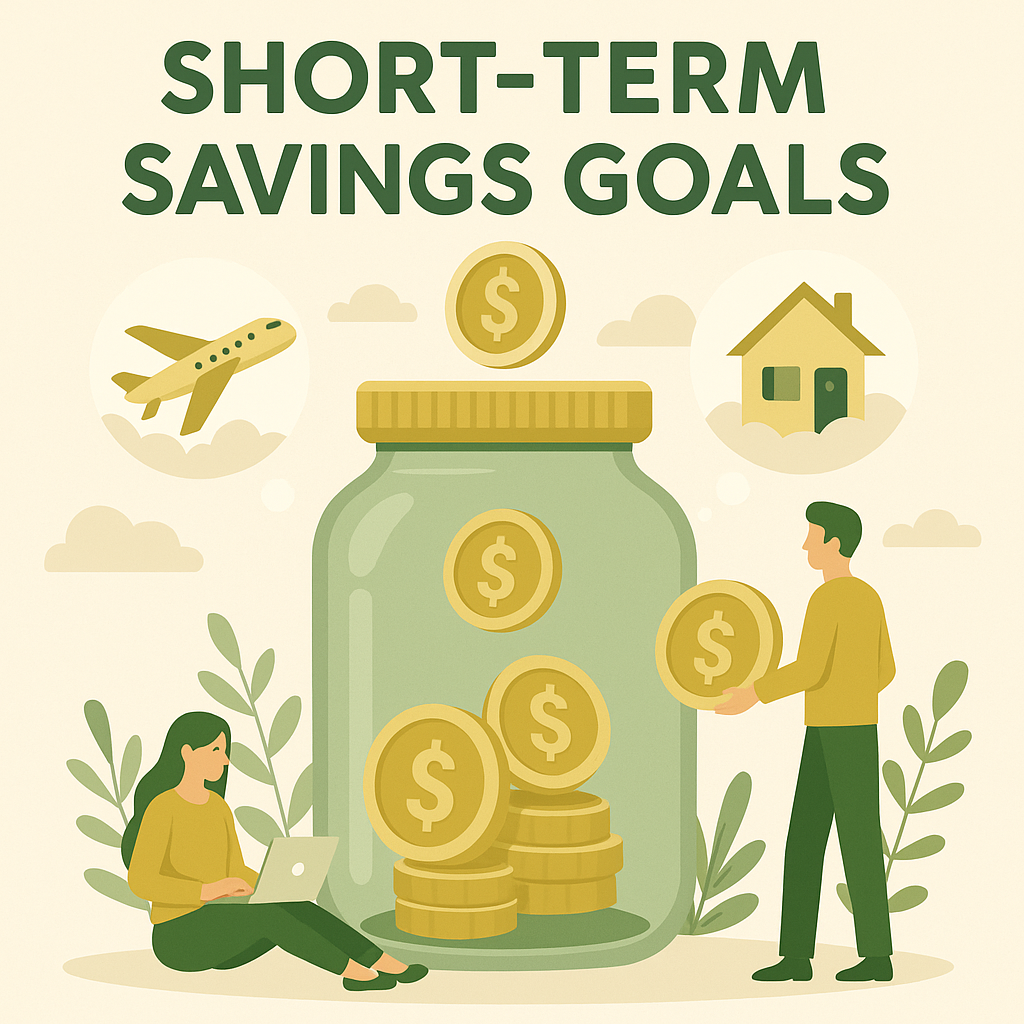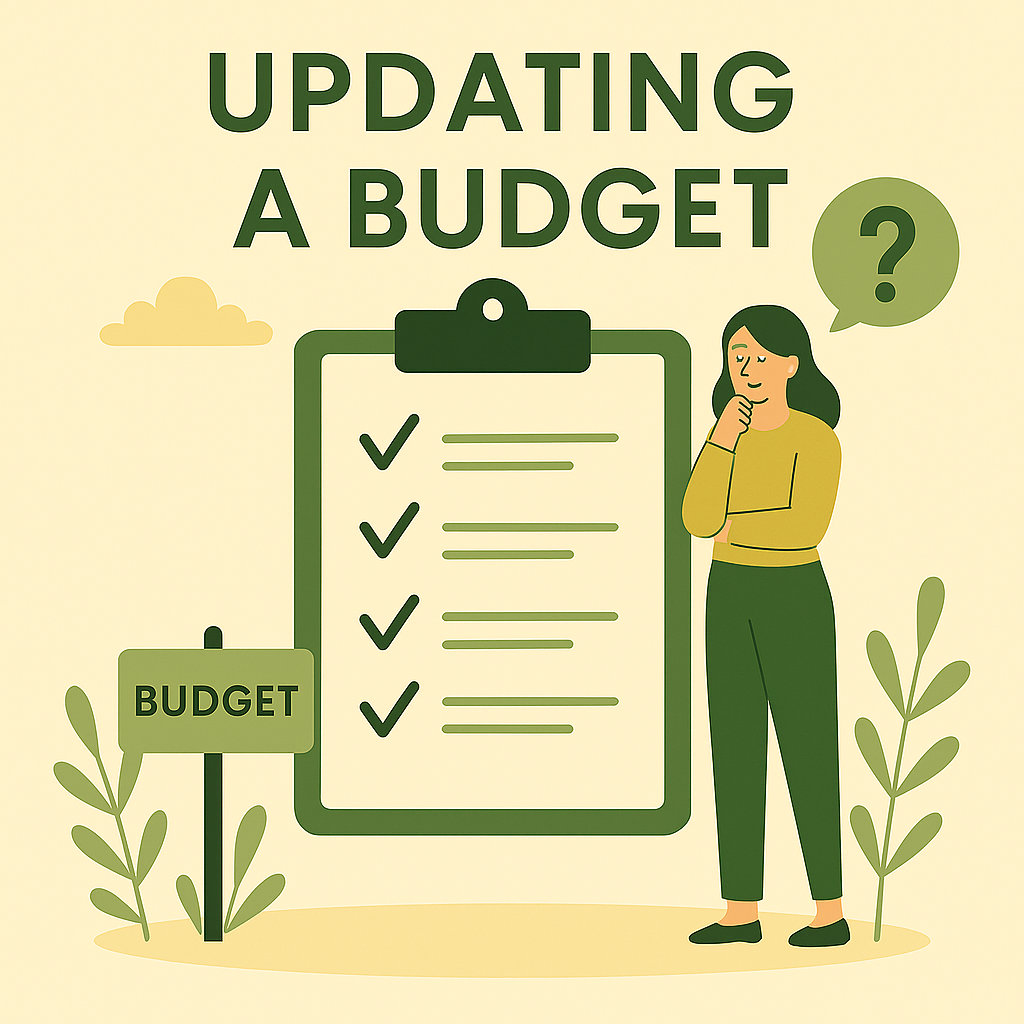Why Emergency Fund
The Unseen Lifeline: Why an Emergency Fund is Your Essential Financial Safety Net
In the often-turbulent waters of personal finance, an emergency fund acts as your steadfast anchor and reliable lifeboat. It's not about being pessimistic; it's about being prepared for the inevitable unexpected events that life throws our way. From sudden job loss and unexpected medical bills to car repairs and home emergencies, these financial curveballs can derail even the most carefully laid plans if you don't have a safety net in place.
An emergency fund isn't a luxury; it's a fundamental pillar of financial security. It's the difference between weathering a financial storm with relative calm and being swept away by a tide of debt and stress. While the idea of saving several months' worth of living expenses might seem daunting, the peace of mind and financial resilience it provides are invaluable.
This comprehensive guide will delve into the critical importance of having an emergency fund. We'll explore the myriad ways it protects you, how to determine the right size for your fund, and practical steps to build and maintain this essential financial safety net.
The Inevitable "What Ifs": Why Emergencies Happen:
Life is inherently unpredictable. No matter how meticulously you plan, unforeseen circumstances can arise without warning. Here are just a few examples of the "what ifs" that an emergency fund is designed to cushion:
Job Loss: Downsizing, company restructuring, or unexpected illness can lead to sudden unemployment. An emergency fund provides a financial bridge while you seek new employment.
Medical Emergencies: Unexpected illnesses, accidents, or necessary medical procedures can result in significant out-of-pocket expenses, even with insurance.
Car Repairs: A sudden breakdown can leave you without transportation and facing hefty repair bills.
Home Repairs: Appliances breaking down, plumbing issues, or damage from natural events can necessitate immediate and costly repairs.
Unexpected Travel: Family emergencies or other unforeseen circumstances might require last-minute and expensive travel.
Loss of Income (Self-Employed/Freelancers): For those with variable income, an emergency fund can help cover expenses during lean periods or project delays.
Legal Issues: Unexpected legal fees can arise from various situations.
Without an emergency fund, these events can force you to make difficult choices, such as taking on high-interest debt (credit cards, payday loans), delaying essential payments, or even sacrificing long-term financial goals.
The Multifaceted Importance of an Emergency Fund:
The benefits of having a well-funded emergency fund extend far beyond simply covering unexpected costs. It provides a crucial layer of protection and peace of mind in several key ways:
Prevents Debt Accumulation: When faced with an emergency, the most common reaction without savings is to turn to credit cards or loans. This can lead to a cycle of debt with high interest rates, making it even harder to recover financially. An emergency fund allows you to handle these situations with cash, avoiding the burden of new debt.
Reduces Financial Stress and Anxiety: Knowing you have a financial safety net in place can significantly reduce stress and anxiety related to money. The fear of the unknown is lessened when you have a buffer to fall back on. This peace of mind can positively impact your overall well-being.
Allows You to Focus on the Emergency: When a crisis hits, your primary focus should be on resolving the issue at hand, whether it's recovering from an illness or finding a new job. Worrying about how to pay for it only adds to the burden. An emergency fund allows you to concentrate on the emergency itself without the added pressure of immediate financial strain.
Protects Your Long-Term Financial Goals: Without an emergency fund, unexpected expenses might force you to withdraw from your long-term investments (like retirement accounts) or halt contributions. This can significantly hinder your progress towards your future financial security. An emergency fund helps you stay on track with your long-term goals.
Provides Financial Flexibility: An emergency fund offers the flexibility to make necessary decisions without being solely dictated by immediate financial constraints. For instance, if you lose your job, you might have the time to find the right job instead of feeling pressured to take the first offer that comes along.
Empowers You to Handle the Unexpected with Confidence: Knowing you are financially prepared for the unexpected can boost your confidence and sense of control over your life. It shifts you from a reactive position to a proactive one.
Determining the Right Size for Your Emergency Fund:
There's no one-size-fits-all answer to how much you should have in your emergency fund. The ideal amount depends on your individual circumstances:
Basic Guideline: 3-6 Months of Essential Living Expenses: A common recommendation is to save enough to cover 3 to 6 months of your essential living expenses. This includes costs like housing, food, utilities, transportation, and minimum debt payments.
Consider Your Income Stability: If you have a stable job with a low risk of job loss, a 3-month fund might suffice. However, if you are self-employed, work in a volatile industry, or have irregular income, aiming for 6 months or even more is prudent.
Evaluate Your Dependents: If you have dependents, you might need a larger emergency fund to cover their needs in case of a financial disruption.
Assess Your Health Situation: If you have chronic health conditions or a higher risk of medical emergencies, a larger fund can provide added security.
Factor in Insurance Coverage: Understand your health, auto, and home insurance deductibles and out-of-pocket maximums. Your emergency fund should be able to cover these potential costs.
Consider Your Risk Tolerance: Some individuals prefer the extra security of a larger emergency fund, even if their risk of job loss is low.
Building Your Emergency Fund: Practical Steps:
Building a substantial emergency fund takes time and discipline, but it's an achievable goal with a focused approach:
Set a Savings Goal: Determine your target emergency fund amount based on your individual circumstances.
Make it a Priority: Treat your emergency fund contributions as a non-negotiable part of your budget, just like paying your bills. Consul Wealth can help you set a dedicated savings goal for your emergency fund and track your progress.
Automate Your Savings: Set up automatic transfers from your checking account to a separate, easily accessible savings account (but not so easily accessible that you're tempted to dip into it for non-emergencies) each payday.
Start Small: If saving a large amount feels overwhelming, start with small, manageable contributions and gradually increase the amount as you become more comfortable. Even $25 or $50 a week can add up over time.
Cut Unnecessary Expenses: Identify areas in your budget where you can cut back on non-essential spending and redirect those funds to your emergency fund.
Allocate Windfalls: When you receive unexpected income, such as a tax refund, bonus, or gift, consider putting a portion or all of it towards your emergency fund.
Be Patient and Persistent: Building a substantial emergency fund takes time. Don't get discouraged if progress seems slow. Consistency is key.
Maintaining Your Emergency Fund:
Once you've built your emergency fund, it's important to maintain it properly:
Keep it Accessible but Separate: Store your emergency fund in a safe, liquid account that you can access easily when needed, such as a high-yield savings account. Avoid tying it up in investments that could fluctuate in value or be difficult to access quickly.
Replenish After Use: If you have to use your emergency fund for an actual emergency, make it your priority to replenish it as quickly as possible. Adjust your budget temporarily to allocate more funds towards rebuilding your safety net.
Review Annually: Review your emergency fund goal annually to ensure it still aligns with your current living expenses and circumstances. You might need to increase it if your expenses have risen or your risk factors have changed.
Conclusion: Investing in Your Financial Resilience:
An emergency fund is more than just a pile of cash; it's an investment in your financial resilience and peace of mind. It's the unseen lifeline that protects you and your family from the unpredictable storms of life, preventing debt, reducing stress, and safeguarding your long-term financial goals. While building it takes time and effort, the security and control it provides are well worth the journey.
Ready to build your essential financial safety net? Consul Wealth can help you set a clear emergency fund goal, track your progress, and gain a comprehensive view of your financial health, empowering you to face the unexpected with confidence. Sign up for Consul Wealth today and start building your financial lifeline!
 ConsulWealth
ConsulWealth


